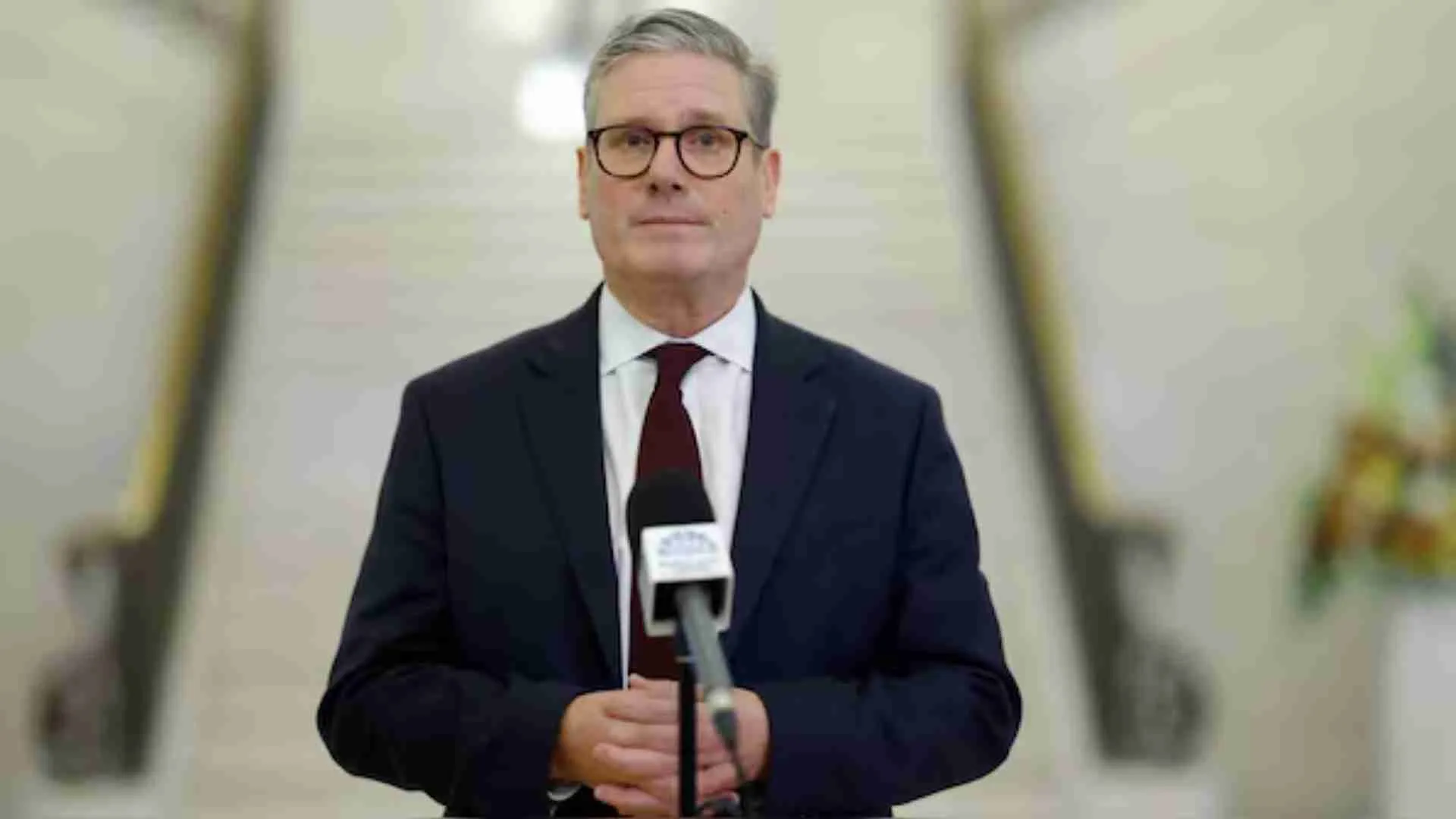As U.S. President-elect Donald Trump threatens to impose tariffs on Canadian goods, Canadian premiers have urged Prime Minister Justin Trudeau to take a firm stance. During a meeting on Wednesday, Trudeau and Canada’s premiers discussed how to address Trump’s concerns and the potential impact of these tariffs, which are expected to come into effect after Trump’s inauguration in January.
Premiers Call for Strategic Retaliation
Some of Canada’s premiers suggested retaliating by cutting off energy supplies to the U.S. Canada is a major supplier of oil, natural gas, and electricity to its southern neighbor, and these resources are critical to the U.S. economy. Ontario Premier Doug Ford, who chairs the Council of the Federation, emphasized that Canada must be ready to fight Trump’s tariffs, calling the situation a serious challenge that requires unified preparation.
“I don’t want this to happen, but my number one job is to protect Ontario, Ontarians, and Canadians as a whole,” Ford stated.
Suggestions for Targeted Retaliatory Measures
In the meeting, Canada’s Finance Minister Chrystia Freeland noted that some premiers had proactively identified products that the U.S. relies on from Canada, suggesting these could be considered in retaliatory measures if necessary. The possibility of tariffs on key Canadian exports like lumber, steel, and agricultural products was also discussed as part of a broader strategy to respond to U.S. tariffs.
Trump’s Tariff Threats and Canada-U.S. Trade
Trump has announced plans to impose 25% tariffs on Canadian and Mexican goods unless both countries address what he calls an “invasion” of drugs, particularly fentanyl, and illegal immigration into the U.S. According to the U.S. Census Bureau, the U.S. imported around USD 435 billion worth of goods from Canada in the first nine months of this year alone.
Canada’s Economic Response
As the U.S. continues to rely heavily on Canadian imports, including key goods such as automobiles, energy, and metals, Canada is weighing its options on how best to respond without significantly harming its own economy. While cutting off energy supplies remains a bold option, it reflects the seriousness with which Canadian leaders are approaching the upcoming tariff threats.























